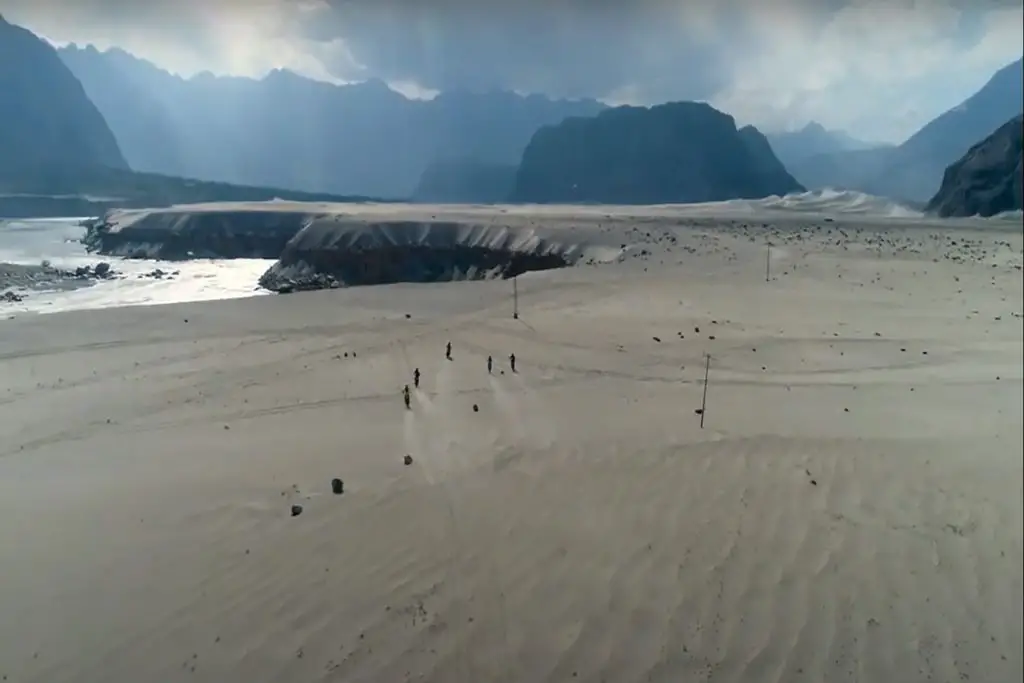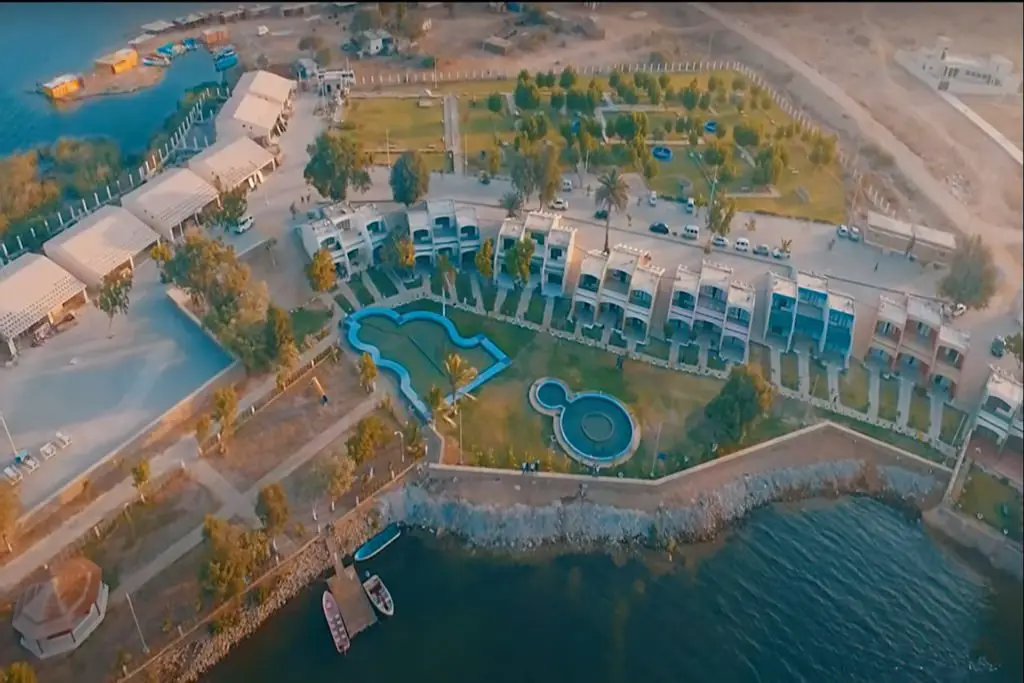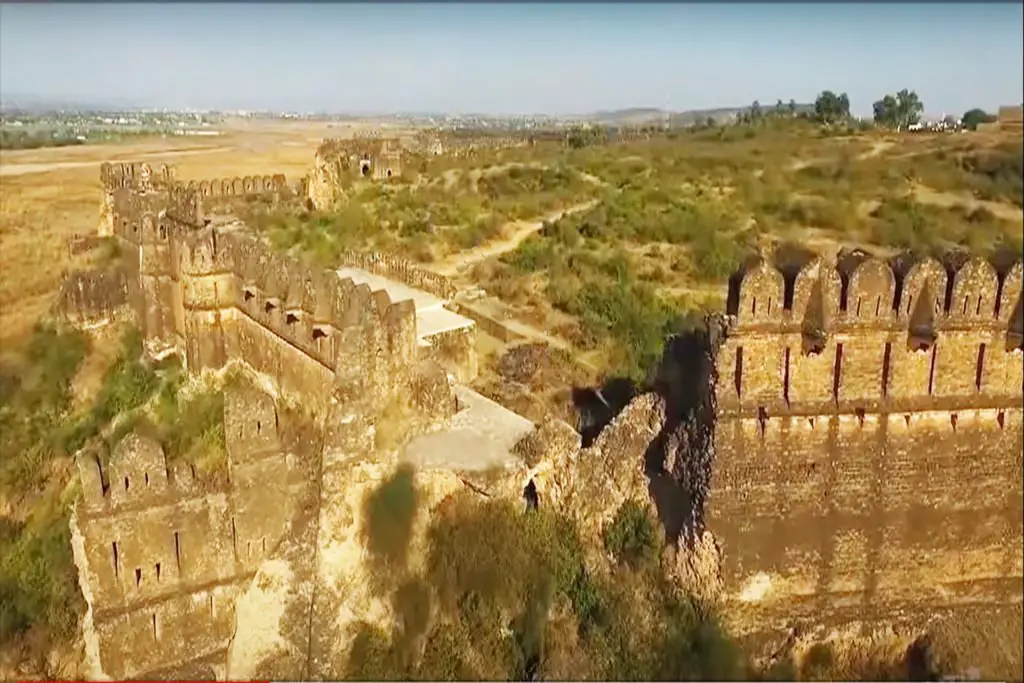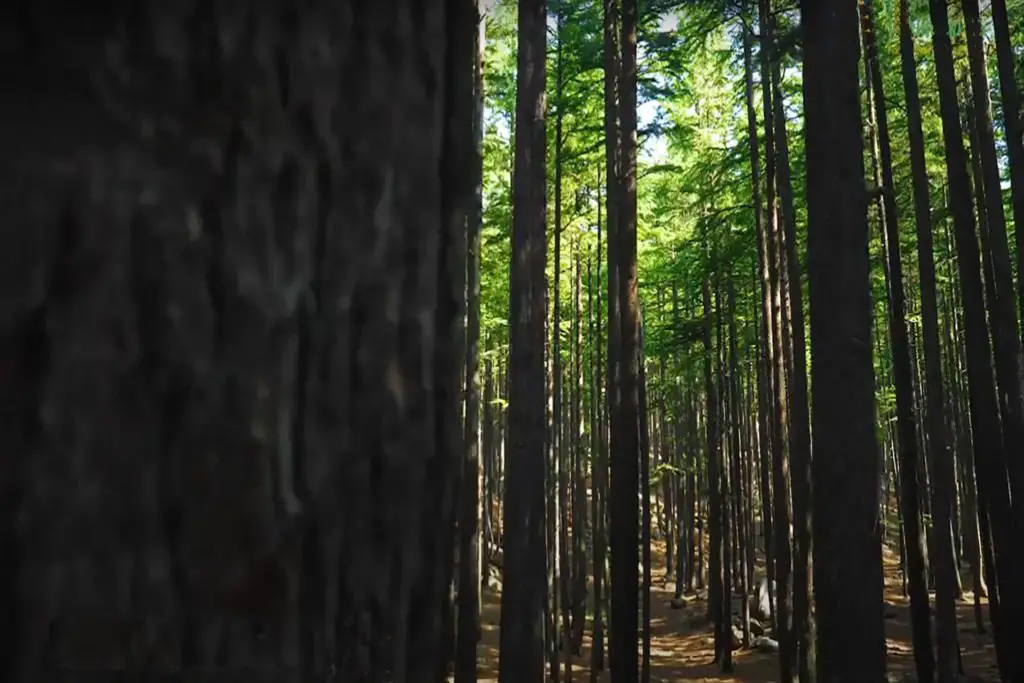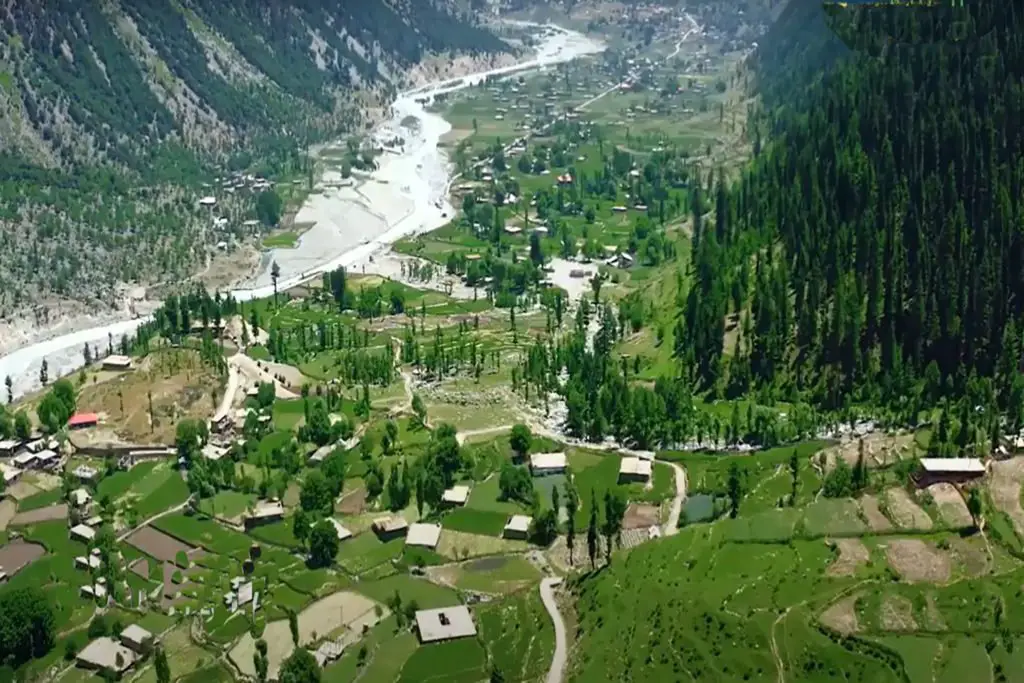Fort Walton Beach, commonly referred to as FWB, is the jewel of Florida’s beautiful Emerald Coast. With beautiful beaches, vibrant culture, and rich history, this southern Okaloosa County city has long been a popular destination for travelers seeking sun, sand, and adventure.
Historical Roots and Indigenous Heritage
Fort Walton Beach’s history dates back hundreds of years, with evidence of pre-conquest settlement by the Fort Walton Cultural Department. The culture flourished from 1100 to 1550. This culture is an extension of the Weeden Island culture and practiced mound building, intensive agriculture, and pottery, leaving a rich legacy that is still appreciated today.
The first Europeans to set foot in the region were members of Alvar Noz Cabeza de Vaca’s party in 1528. This marked the beginning of European exploration and interaction in the region. Over the centuries, Fort Walton Beach was developed by Spanish and English colonists, and early settlers established permanent settlements in the area.
From Camp Walton to Fort Walton Beach
The name of this city has been copied several times. From “Camp Walton” to 20 “Fort Walton” the Confederate Army during the fat of the Civil War. turn of the century. The community was renamed Fort Walton Beach in 1953 to reflect its waterfront location and changing beach resort identity.
Beach Resort Paradise
Today, Fort Walton Beach thrives year-round. A fishing and beach resort community that welcomes visitors with pristine white sand beaches, water, and turquoise waters. Tourism peaks during the summer months as seasonal visitors flock to the area to soak up the sun and enjoy various outdoor activities.
Outdoor Adventures and Cultural Attractions
In addition to its beautiful beaches, Fort Walton Beach also offers outdoor activities and cultural activities. From fishing to water sports, from museums to historical sites, there is something for everyone. The Indian Temple Mound Museum preserves the local heritage of the area, while the Gulfarium Marine Adventure Park offers hands-on marine life experiences.
Climate and Natural Beauty
Fort Walton Beach has a subtropical climate with hot and humid summers and mild winters. The region receives abundant rainfall, lush vegetation, and healthy ecosystems. Although snow and ice are rare, the city occasionally experiences extreme weather conditions that add to its attraction.
Preserving Paradise for Future Generations
As Fort Walton Beach continues to grow and develop, efforts continue to preserve its beauty and culture. Take important steps. Conservation measures aim to preserve the city’s coastal ecosystems and ensure that future generations can enjoy these pristine beaches and rich history.
From its prehistoric past to its modern-day charm, Fort Walton Beach is a beach resort that is the timeless face of Florida’s Emerald Coast. Whether you are looking for relaxation, adventure or cultural discovery, this coastal paradise invites visitors to discover the magic of its beaches and raise awareness about the ocean.

